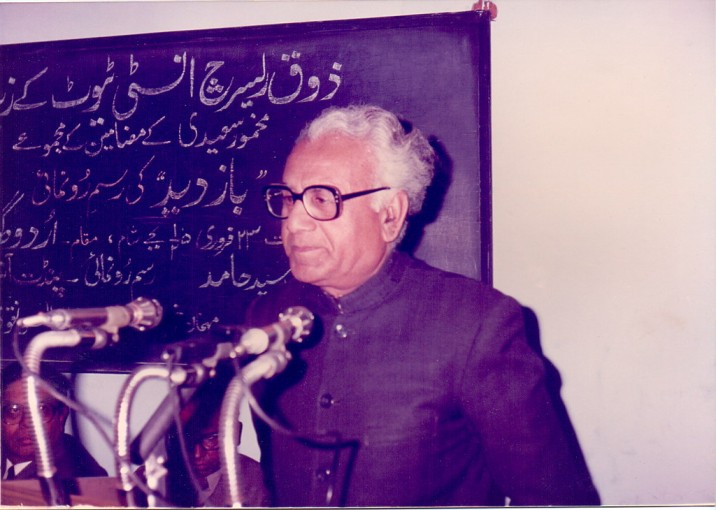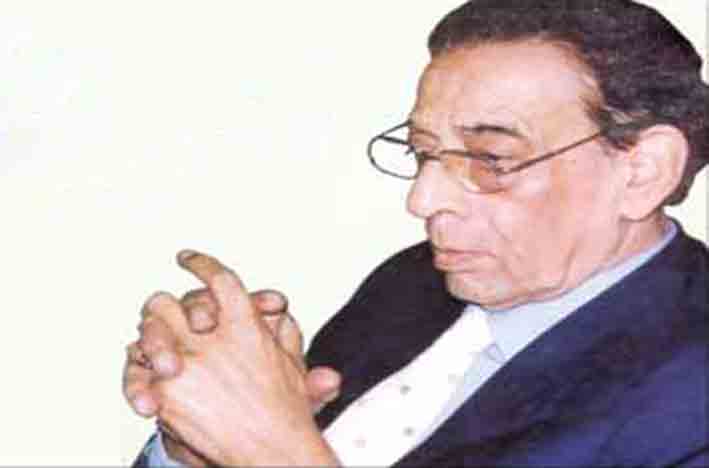عن المجلة
Welcome to Scholar Insight Journal
Scholar Insight Journal (HEC Pakistan, Y Category: 1st October 2024 – 31st March 2026) is a peer-reviewed, quarterly (4 issues per year) academic publication dedicated to advancing knowledge and critical understanding in the broad domain of Arts & Humanities (Miscellaneous).
The journal provides a dynamic platform for rigorous scholarly inquiry, publishing original research across a diverse spectrum of disciplines including , Arabic, Urdu, English, Islamic Studies, Religious Studies, Education, Languages,etc and related fields.
At Scholar Insight Journal, we are committed to fostering intellectual exchange by encouraging innovative research methodologies and diverse theoretical frameworks. Our editorial board, comprising distinguished scholars and researchers from across the globe, upholds the highest standards of academic integrity, ensuring a transparent and robust double-blind peer review process.
Open Access Policy
Scholar Insight Journal is an open access journal. All articles are freely available to readers without subscription or paywall barriers.
Copyright & Licensing
Authors retain the copyright of their work. All articles are published under the Creative Commons Attribution 4.0 International License (CC BY 4.0), which permits unrestricted use, distribution, and reproduction in any medium, provided the original author and source are credited.
Archiving & Preservation
The journal ensures long-term digital preservation through LOCKSS, CLOCKSS, and PKP Preservation Network (PKP PN).
Through our publications, we strive to:
-
Disseminate cutting-edge research findings,
-
Promote interdisciplinary dialogue, and
-
Address contemporary challenges within the social sciences and humanities.
Whether you are a seasoned academic, an early-career researcher, or a practitioner seeking deeper insights, Scholar Insight Journal invites you to engage with its wealth of knowledge and scholarly contributions.
Join us in our mission to promote excellence in research and contribute meaningfully to the evolving landscape of Arts & Humanities.
ISSN(Online): 3006-9785 ISSN(Print): 3007-245X
العدد الحالي
















